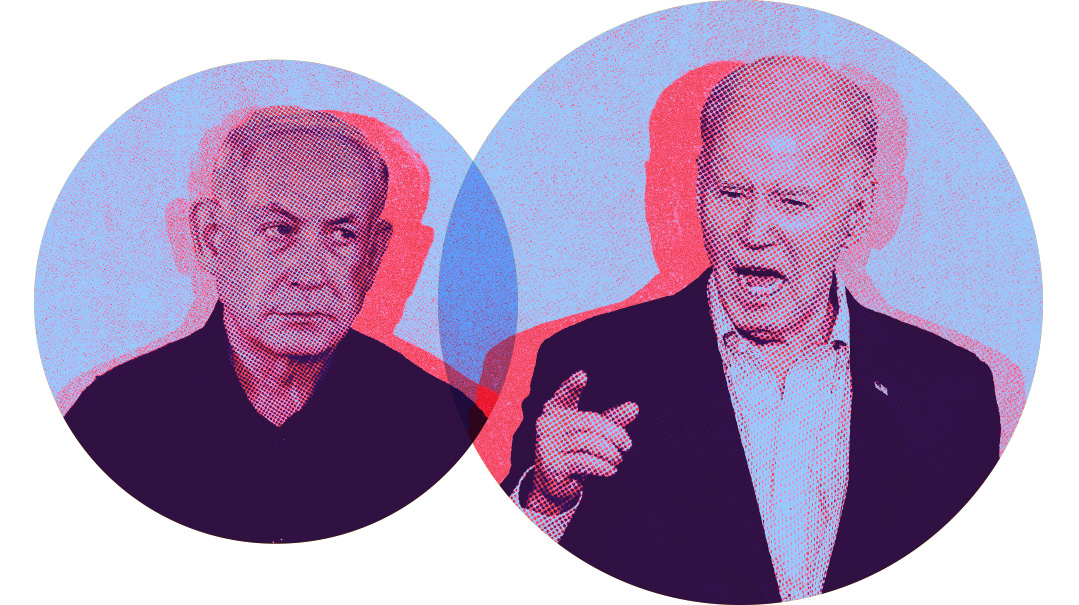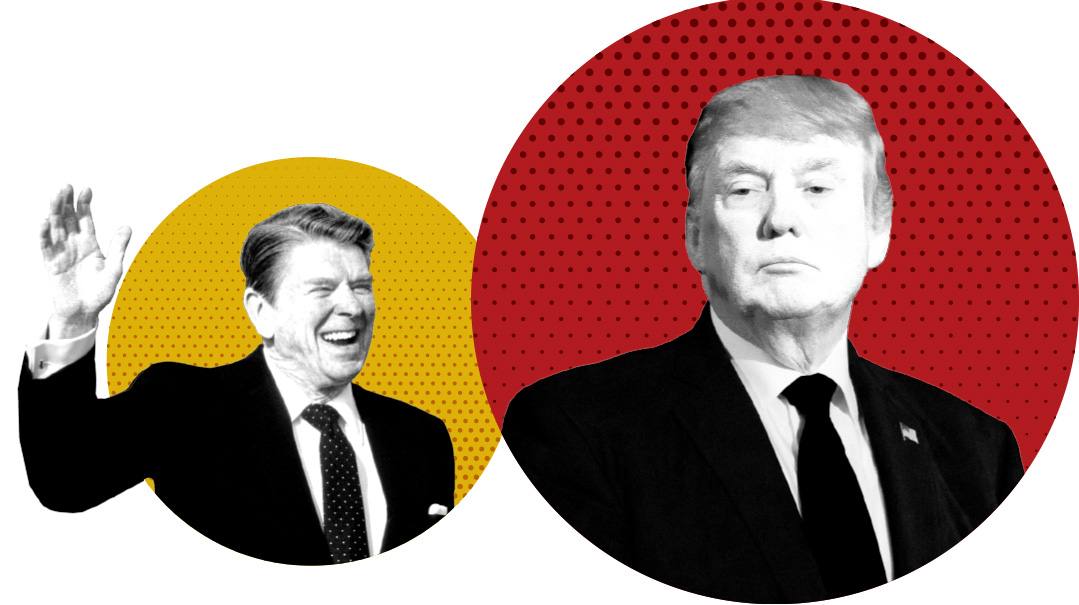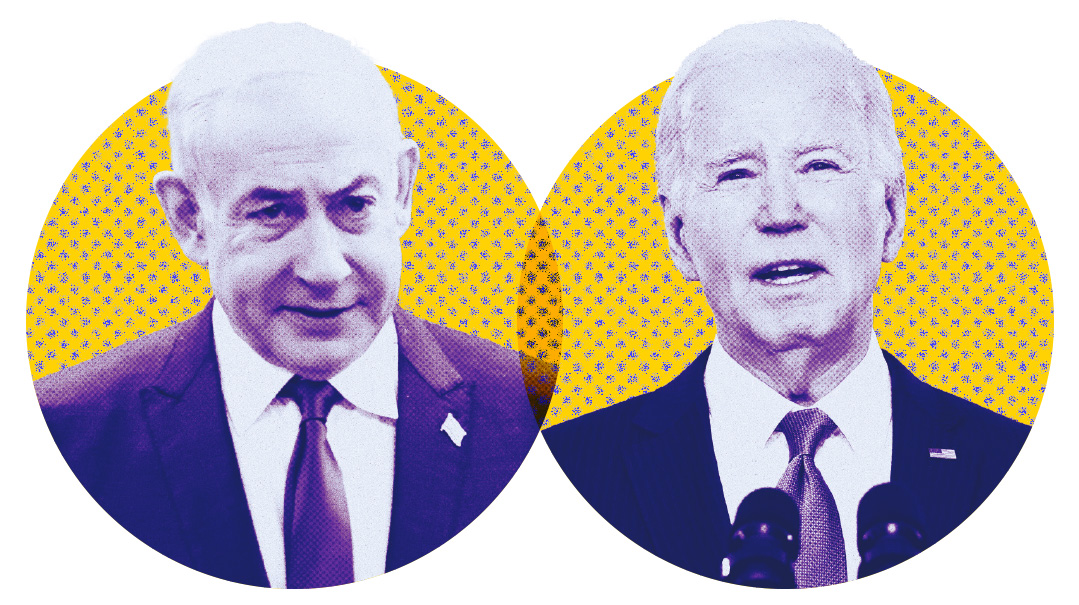Gaming the System or Fair Play?

Perhaps that’s what Bibi meant when he said: “Nothing will come of it, because nothing happened”

Gaining immunity from an early winter flu epidemic has created a greater sense of urgency among Israelis than Prime Minister Netanyahu’s request for immunity from prosecution.
Bibi’s bombshell announcement that he would seek legal asylum in the Knesset had a 36-hour shelf life, quickly superseded by headlines that Iran’s terrorist-in-chief Qassem Soleimani had lost his immunity forever.
But the virtue and vice of Netanyahu’s request will be a major campaign issue in the March 2 three-peat.
Knesset members charged with wrongdoing in office are entitled to petition the Knesset for immunity. However, many pundits thought this would be a lose-lose proposition for Bibi.
Throughout his multiyear investigation, Netanyahu repeatedly said “nothing will come of it because nothing happened.” If Bibi was innocent, pundits reasoned, he should relish his day in court. His political enemies concurred, but so did some supporters, afraid that the voting public would react negatively.
For Bibi, this advice was like being told to down a cyanide capsule and take it like a man. Netanyahu had no better option. It’s not a great campaign strategy, but it’s a good tactic.
Only a special Knesset committee can weigh Netanyahu’s request. With the Knesset out of session, and unlikely to reconvene in special session, Bibi bought time for a right-wing bloc to win a majority in March that will grant him immunity.
Like many immunizations, it has a short life without booster shots. Immunity, if granted, will last only as long as the next government. Bibi’s hope is that the next government will last four or five years. By then, there will be a new attorney general who is not invested in this case. The passage of time will also cause wear and tear on the memories of state witnesses.
The best reason for Netanyahu to seek immunity was not for short-term political gains, but to save himself from going bankrupt on legal fees defending himself from charges that overplay his role in two pieces of legislation: one that went nowhere and one that backfired.
Allow me to explain in depth. I preface my next words by saying that I have no illusions about politicians and the political process. Early career experience at the municipal, state, and later, national levels often left me cringing at how powerful people wield and abuse their influence: Politicians do favors for friends and friends do favors for politicians.
Yet at least in US courts, judges have taken the friendship factor into account in narrowing their definitions of bribery, ruling that politicians also act out of a broad set of policy interests.
Example #1
Take Case 1000, where Bibi is accused of accepting $200,000 in premium cigars and champagne from Arnon Milchan, a wealthy filmmaker and former Israeli intelligence operative. Milchan is a key witness in Case 1000, alleging that in return for the expensive gifts, Bibi promoted tax legislation favorable to Milchan between 2013 and 2015.
The background: Many Israelis move overseas seeking lucrative financial opportunities. An August 2019 Central Bureau of Statistics report estimates more than 560,000 Israelis reside overseas. Should they choose to return to Israel, Israel’s tax code grants them a ten-year exemption on both reporting their overseas assets and paying taxes on the income and investments earned and held overseas.
Milchan lobbied Bibi to extend the exemption to 20 years.
The original measure was, and still is, controversial. Its stated purpose was to provide incentive to Israeli “yordim” to return. Israel needs the population infusion. The Treasury wouldn’t suffer because even with the tax break, returnees would still be paying plenty of other local taxes.
Opponents, including the Israel Tax Authority and the State Comptroller, worried that the tax break would be insignificant to most Israelis and risked turning Israel into a tax haven for billionaires and criminal elements who need to shield their assets.
These are legitimate points, debated now for more than a decade. But once Netanyahu entered this long and complicated picture, the whole story got painted with political and economic bias.
Some commentators called this the “billionaire’s law,” implying there is something existentially wrong with amassing wealth; they also equated wealth with tax evasion.
Other media loosely refer to the tax amendment as the “Milchan Law.” Strange, because the original tax break passed in 2008 — five years before Milchan put his two cents in Bibi’s ear.
Netanyahu has ruthlessly cut taxes on the middle class through his entire career. He’s also cut corporate taxes. It’s not out of character for Bibi to have favored extending the tax exemption.
Bibi also didn’t act alone. When the Bank of Israel complained that the tax break complicated efforts to comply with international money-laundering laws, thus risking sanctions against Israeli financial institutions, the Knesset considered a measure to keep the exemption but at least require returning citizens to report their assets.
Bibi didn’t block this one. Sofa Landver of Yisrael Beiteinu and Zeev Elkin of the Likud did — two MKs from the former Soviet Union, utilizing their clout as ministers of immigrant absorption. The police never investigated which oligarchs they knew, or raided their pantries checking for caviar and vodka.
But investigators certainly connected every dot when it came to Netanyahu’s ties to Milchan, even though when all was said and done, the tax break was never extended. Perhaps that’s what Bibi meant when he said: “Nothing will come of it, because nothing happened.”
Apparently to the prosecution, a whole lot of nothing adds up to something.
Example #2
In Case 4000, Netanyahu is charged with bribery for using his clout to facilitate a 2015 merger between telecommunications giant Bezeq and Yes, a satellite TV service, both owned by Bibi’s friend Shaul Elovitch, who stood to make a fortune on the merger.
It’s worth noting that prior to the merger, Bezeq already owned 45% of Yes and the financial press had been speculating about such a merger since 2002, some 13 years before it happened. In 2002, Bibi was foreign minister under Ariel Sharon. This merger wasn’t something he cooked up chomping on a stogie and washing it down with bubbly.
What did Netanyahu gain? Had he owned shares in Bezeq or Yes, this would have been classic insider trading. As a former stockbroker, I would have been the first to call for his resignation. Or he certainly could have been accused of breach of trust had the merger led to higher consumer prices for communications services.
Just the opposite occurred. To gain regulator’s approval for the merger, Bezeq was forced to open up its infrastructure to competition. Since then, telephony prices have plummeted, taking Bezeq’s share price with it. After peaking at NIS 9.20 per share a few months after the merger, Bezeq’s share price on the Tel Aviv Stock Exchange has plummeted 70% to NIS 2.70 in the past four years. Its stock chart resembles a downhill ski slope.
What did Bibi receive in return? State prosecutors charge that he earned positive news coverage on Elovitch’s Walla! website, but any compliments there for Bibi proved to be as transitory as Bezeq’s initial post-merger share spike.
Prosecutors contend Bibi did a huge political favor for a friend. Considering how the deal turned out, with friends like that, you don’t need enemies.
Overall, prosecutors maintain, and often rightly so, that no public official may receive or accept anything of value in exchange for using their influence to change or pass a law.
A linchpin of Netanyahu’s defense will be to prove what Bibi got were gestures of generosity from friends, while Bibi’s intervention was part of his interest in broader policy issues. Netanyahu was unable to convince the attorney general of this during a pre-indictment hearing.
Immunity is no easy way out. It’s a way of gaming the system that he feels is framing him, and to him, it’s fair play.
(Originally featured in Mishpacha, Issue 793)
Oops! We could not locate your form.












